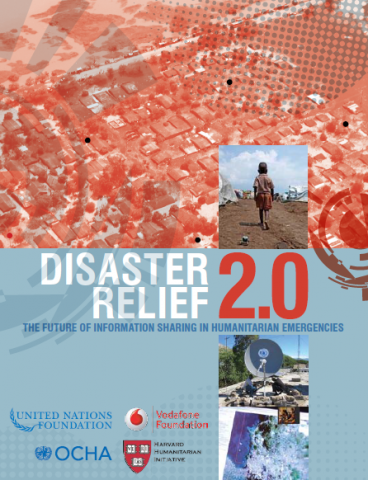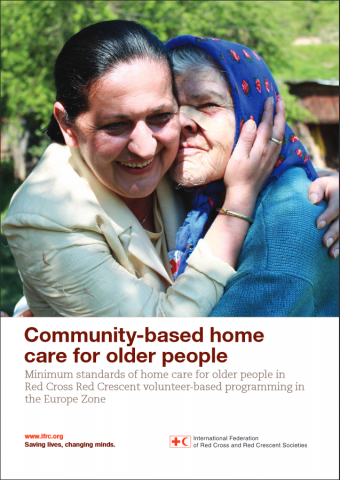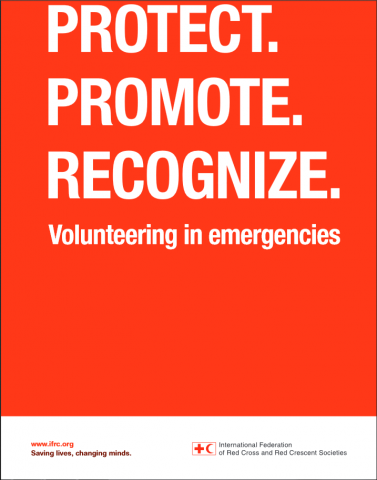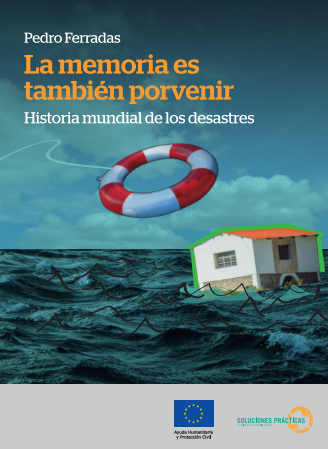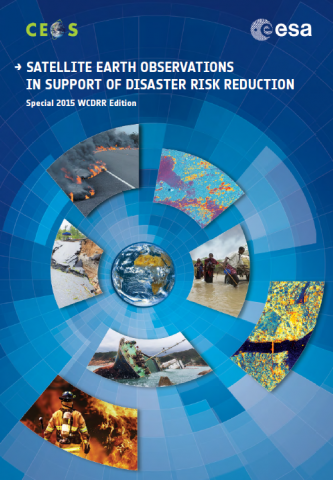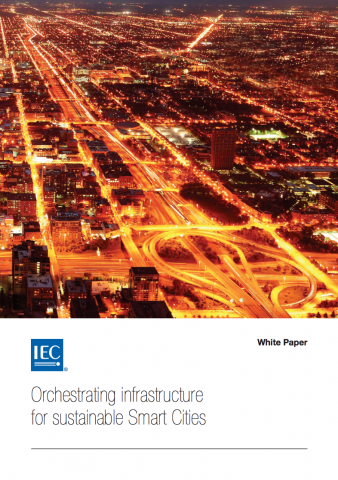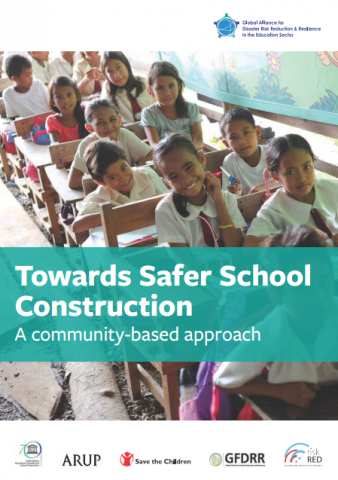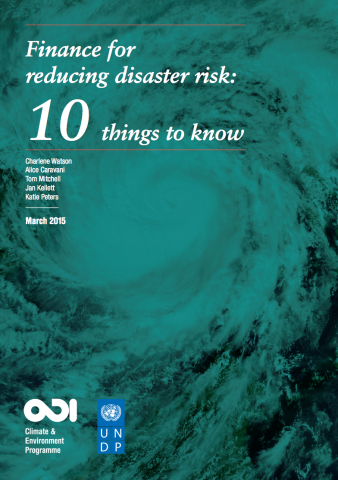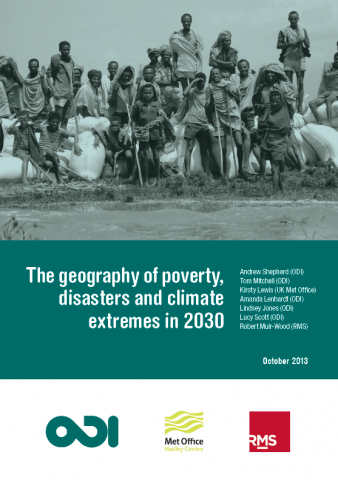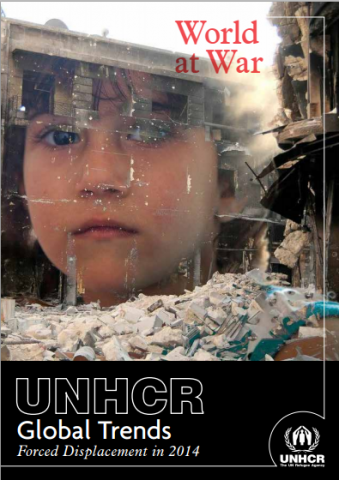Disaster Relief 2.0: The future of information sharing in humanitarian emergencies
After a large-scale disaster, there is always a massive effort to collect and analyze large volumes of data and distill from the chaos the critical information needed to target humanitarian aid most efficiently. But the response to the 2010 earthquake in Haiti was different. For the first time, members of the community affected by the […]
Disaster Relief 2.0: The future of information sharing in humanitarian emergencies Read More »

